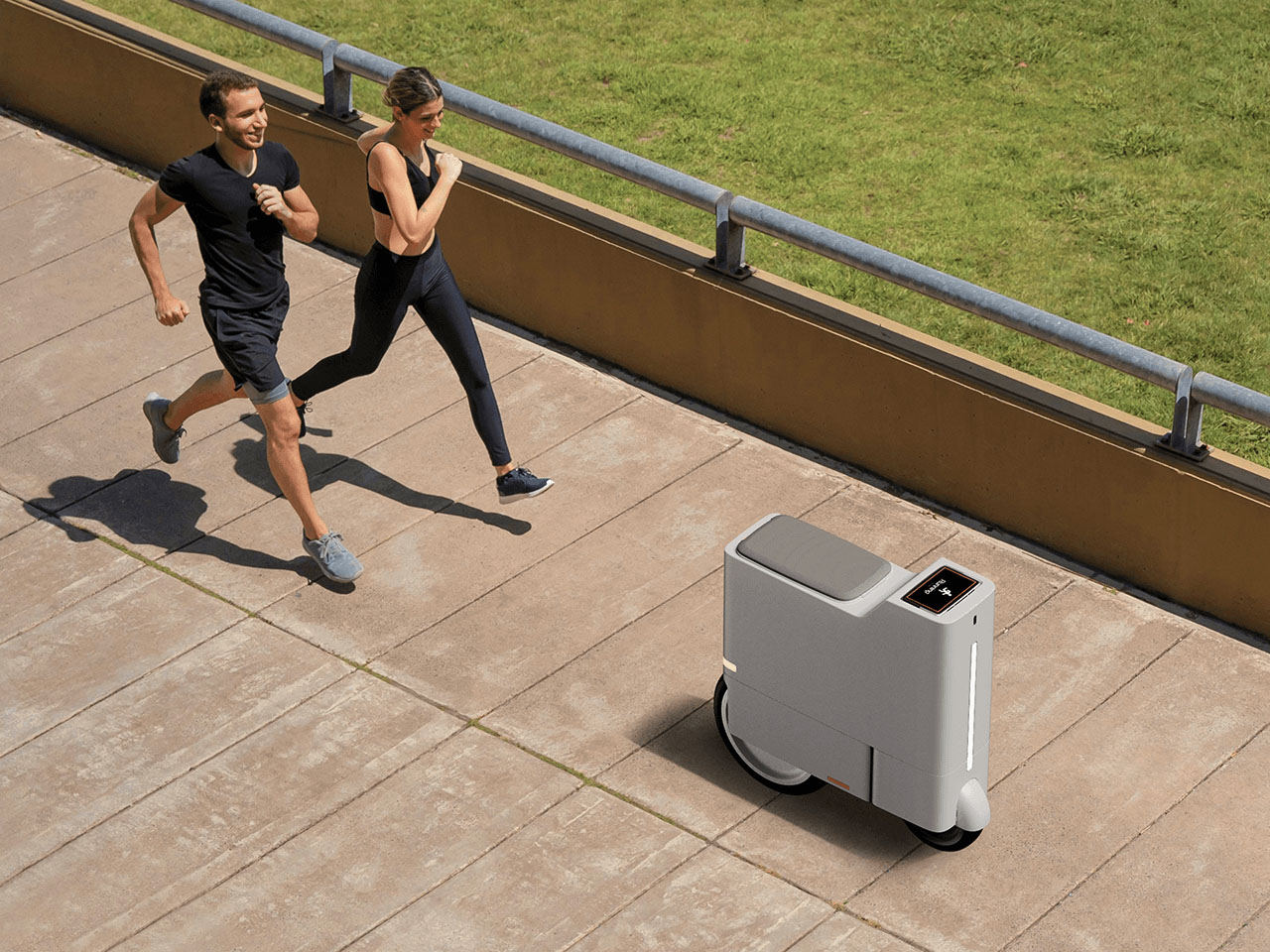
"Personal commuters have seen a design evolution in the sense that they've been shrinking in size without compromising functionality. Some are highly practical, while others are as good as their face value. This one, though, is different from the perspective of usability and the end user being targeted. The personal commuter is not for your daily office commutes; rather, it is tailored specifically for health-conscious individuals who don't skip on their morning runs - come rain, come shine."
"Not only is the personal commuter useful during your morning runs or after them, it transports you to the preferred running location if you don't want to burn up too many calories before the actual stint begins. The AI-powered personal vehicle can do most of the tasks autonomously, right from guiding the user about their outdoor workouts to taking them back home in the mobility mode, acting as a mini scooter."
Personal commuters have become smaller while retaining functionality. Trego targets health-conscious runners rather than daily office commuters. Digital healthcare appears through running and walking, with 64 percent of active users choosing these activities for low strain and accessibility. Physical and psychological barriers such as travel worries, storing personal items, and post-exercise fatigue reduce participation. Designers YUPD and Wooks developed the autonomous personal commuter to act as a running coach and convert into a mini scooter for return trips or transport to running locations. Foldable handlebars and footrests deploy in mobility mode. A built-in display shows notifications, distance, real-time pace, and calories burned. AI manages workout guidance and autonomous transport.
Read at Yanko Design - Modern Industrial Design News
Unable to calculate read time
Collection
[
|
...
]